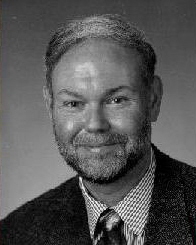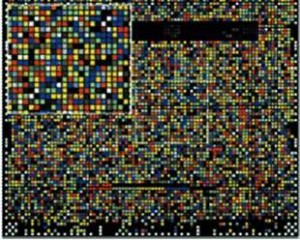![]() The American Society of Human Genetics is having its 58th Annual Meeting in November. As I was looking through the meeting abstracts, I noticed that there were a number of abstracts that dealt with topics related to genetic genealogy. I thought some of you would be interested in getting an advance look at genetic genealogy research that will be publicly released and published over the next year or two. Although I didn’t include the whole abstracts for most of them, I did include a link for further investigation. (Note: I got this idea from Dienekes’ Anthropology Blog).
The American Society of Human Genetics is having its 58th Annual Meeting in November. As I was looking through the meeting abstracts, I noticed that there were a number of abstracts that dealt with topics related to genetic genealogy. I thought some of you would be interested in getting an advance look at genetic genealogy research that will be publicly released and published over the next year or two. Although I didn’t include the whole abstracts for most of them, I did include a link for further investigation. (Note: I got this idea from Dienekes’ Anthropology Blog).
Interestingly, the first five abstracts all include researchers from the Sorenson Molecular Genealogy Foundation, showing how much the Foundation is providing to the genetic genealogy community.
 Welcome to the September 14, 2008 edition of Gene Genie! Bloggers have begun to pick up posting with the end of summer, and it seems like everyday there’s a bunch of new interesting posts about the human genome.
Welcome to the September 14, 2008 edition of Gene Genie! Bloggers have begun to pick up posting with the end of summer, and it seems like everyday there’s a bunch of new interesting posts about the human genome.



